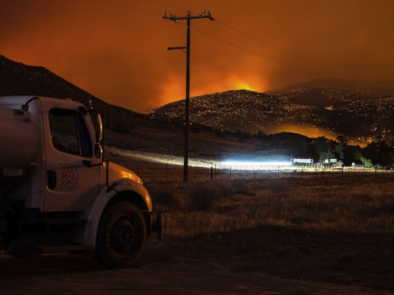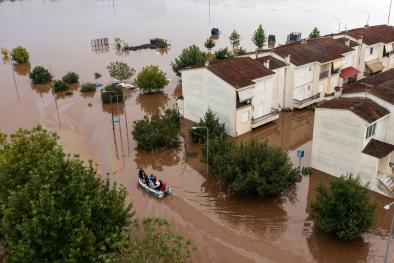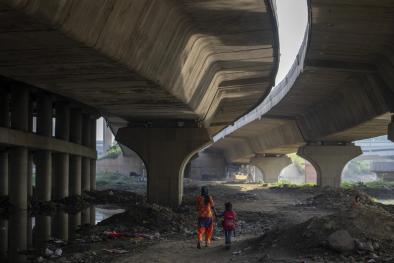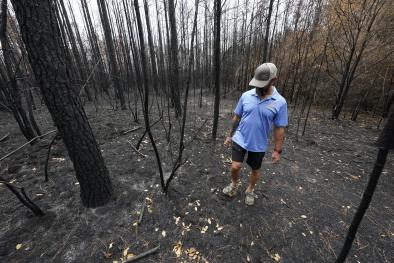Wildfires are erasing Western forests. Climate change is making it permanent.
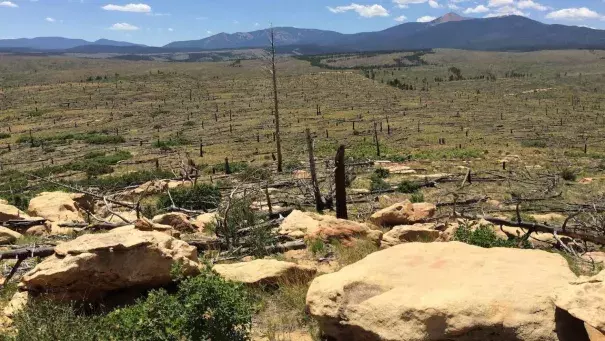
Climate Signals summary: Wildfires, heat waves, and drought - all made worse by human-caused climate change - has led to the permanent destruction of some forests in the Western U.S.
Article excerpt:
Now that the winter has cooled the 2021 fire season, scientists are looking at the big burn scars across the West with the grim understanding that, in some places, the pine and Douglas fir forests will not return.
The driving force here is that the rising global temperature is wiping out seedlings. In many spots around the U.S. West, summer temperatures are already high enough to cook young trees before they can develop thick protective bark. Others have become so dry that seedlings shrivel before their roots can grow deep enough to reach groundwater. Both circumstances can thwart forest regeneration. Mature trees can survive in these areas long after they stop reproducing. But when fires wipe out these forests and seedings can’t get a foothold, they are replaced with grasses and dense brush.
And new research has cemented the scientific consensus that climate change is making it much harder for forests of Western mountains to return after fires.
You can read the rest of this article here: https://grist.org/climate/climate-change-forest-loss/
Related Content
